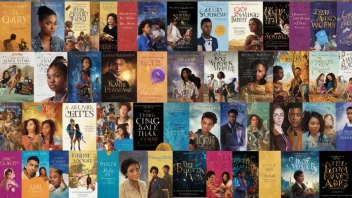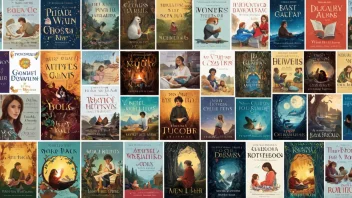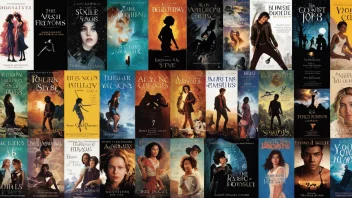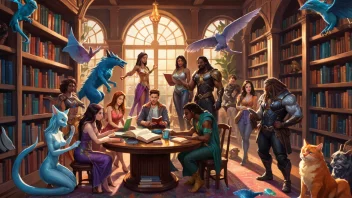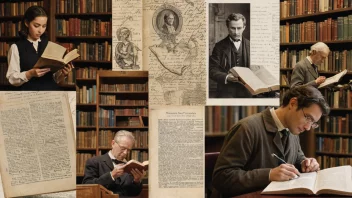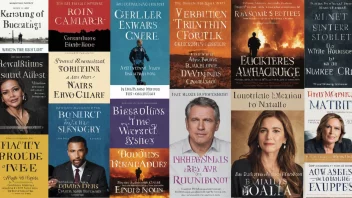What is Non-Fiction?
Non-fiction is a genre of literature that presents factual information, often aiming to educate, inform, or persuade readers about real-life topics. Unlike fiction, which tells invented stories, non-fiction is rooted in reality, covering a vast range of subjects including history, science, self-help, and memoirs.
How can non-fiction enhance our understanding of others?
Non-fiction books often provide insights into different cultures, experiences, and perspectives. By reading about the lives and struggles of others, readers can foster empathy and understanding, bridging gaps in interpersonal relationships.
Can non-fiction promote meaningful conversations?
Absolutely! Non-fiction works often introduce complex ideas and themes that can serve as conversation starters. Discussing a thought-provoking book can lead to deeper discussions about personal beliefs, societal issues, and shared experiences.
What role do memoirs play in fostering connections?
Memoirs offers a personal glimpse into the author's life, often highlighting universal themes such as love, loss, and resilience. Readers may find common ground with the author's experiences, creating a sense of connection and understanding.
How can reading non-fiction improve our communication skills?
Reading non-fiction encourages critical thinking and enhances vocabulary. By engaging with well-written texts, readers can learn to articulate their thoughts and opinions more effectively, which is vital for forming strong interpersonal connections.
Are there specific non-fiction genres that are better for building connections?
- Self-help: Books in this genre often provide strategies for personal growth and improving relationships.
- Biographies: Learning about influential figures can inspire discussions about aspirations and values.
- True crime: These narratives can spark conversations about morality, justice, and societal issues.
How can book clubs enhance interpersonal connections through non-fiction?
Book clubs focused on non-fiction create a space for readers to share their perspectives and insights. This collaborative learning environment encourages open dialogue and fosters relationships based on shared interests and mutual understanding.
What are some impactful non-fiction books to consider?
- The Immortal Life of Henrietta Lacks by Rebecca Skloot
- Educated by Tara Westover
- Becoming by Michelle Obama
- Quiet: The Power of Introverts in a World That Can't Stop Talking by Susan Cain
How can writing non-fiction help in building connections?
Writing non-fiction allows individuals to express their thoughts and experiences, inviting others to engage with their narratives. Sharing personal stories or insights can draw people in and foster deeper connections through shared experiences.
Can non-fiction literature influence social change?
Yes, non-fiction literature has the power to enlighten readers about social issues, encouraging them to engage in discussions and activism. By understanding different perspectives, individuals can work towards collective goals, ultimately strengthening community bonds.
How can I encourage others to read more non-fiction?
Share your own experiences with impactful non-fiction books, recommend titles, or start a book club focused on non-fiction. Engaging discussions can inspire others to explore the genre and discover the connections it can foster.
In conclusion, non-fiction literature serves as a powerful tool for fostering interpersonal connections. By providing insights into various aspects of human experience, it encourages empathy, sparks conversations, and builds understanding among individuals. Whether through reading or writing, embracing non-fiction can deepen our relationships and enhance our collective understanding of the world.

